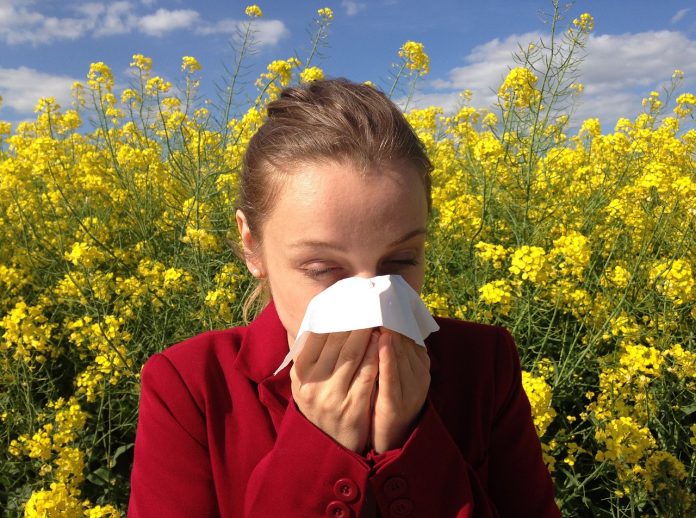
As much as I’m sure all of us are looking forward to spring by now, it brings with it a whole host of problems that this long winter has let us forget about. Muddy parks and blocked storm drains are a mild inconvenience compared to the red, itchy, scratchy eyes and ever-runny noses that plague many of us during allergy season when all we want to do is get outside and inhale the warm(ish) spring air. Although it is tempting to just try to battle through the irritation and accept your fate, it is worth noting that a few other options are available to you to stop the ever-constant eye rubbing.
As those allergens—whatever they may be in your case—get onto the surface of our eyes they cause the tissue surrounding them to become inflamed, leading to our ocular allergies (also known as seasonal allergic conjunctivitis). Ocular allergies will normally present themselves as itchy, watery eyes that may be accompanied by some redness, with both eyes having roughly the same severity of symptoms. Depending on how severe these symptoms are they can require different treatment plans.
For occasional, mild ocular allergies sometimes relief can be as easy as a cool washcloth held gently over the eyelids to limit the inflammation. Over the counter artificial tears will also help to irrigate the surface and drain the allergens. Certain artificial tears will also contain active ingredients to help protect against symptoms of allergies.
As the allergies get more severe so too does the necessary treatment and prescription eyedrops can significantly reduce or eliminate your symptoms. Combination antihistamine and mast cell stabilizing eye drops work to provide both immediate and sustained relief and only need to be put in one or two times a day. You’ll get the best results if those drops are started before allergy season ramps up, so you can nip those allergies in the bud!
Note: If you are at all concerned about your eyes or eyesight its always best to check with an optometrist for the most personalized and up-to-date information. If the symptoms are more severe and not limited to just your eyes, you should consult your family doctor.









